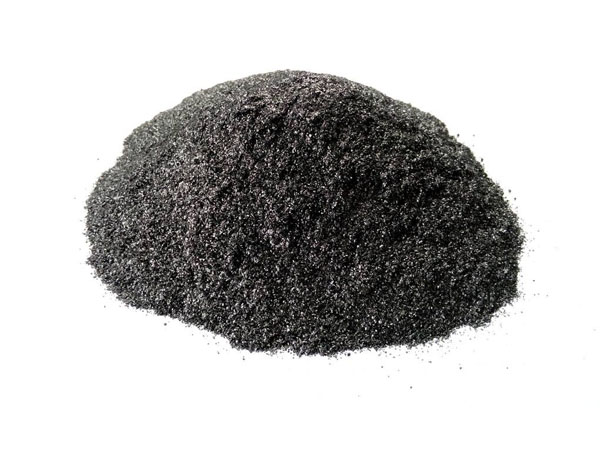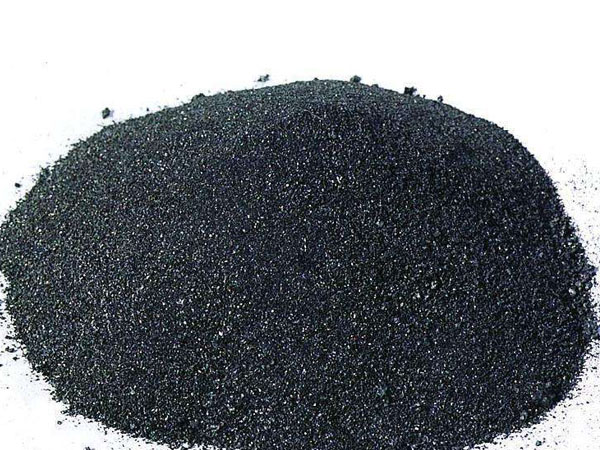O que é grafite? O grafite é um alótropo do carbono e um importante material inorgânico não metálico. É cinza-preto, tem um brilho metálico, é macio e tem um toque gorduroso. Ele pode ser dividido em grafite natural e grafite artificial.
Índice
Alternar
Diferenças nos processos de produção
O grafite natural em flocos é produzido por meio de processamento químico, aquecimento e secagem de rochas naturais, enquanto o grafite artificial é produzido por meio de um processo de produção de grafite. pó de grafite é um produto da grafitização do coque de petróleo.
Portanto, o grafite artificial é mais puro, mais uniforme e apresenta propriedades mais estáveis do que o grafite natural.

Comparação de propriedades físicas
A estrutura cristalina do grafite natural é mais irregular, parece solta e plástica, e é propensa a desgaste ou rachaduras.
Já a estrutura cristalina do grafite artificial é mais completa e regular, e pode apresentar melhor resistência mecânica e rigidez.
Além disso, como o grafite artificial adota um método de preparação de alta temperatura e alta pressão, ele é mais duro, resistente à corrosão, antioxidante e tem melhor condutividade do que o grafite natural. Ele é mais duro, mais resistente à corrosão, antioxidante e tem melhor condutividade do que o grafite natural.
Comparação de propriedades químicas
Devido à sua estrutura cristalina irregular, o grafite natural é propenso a um grande número de defeitos na superfície quando é quimicamente imerso ou corroído por oxidação, e tem uma forte reação a alguns agentes corrosivos.
No entanto, o grafite artificial tem uma estrutura cristalina mais estável, portanto, suas propriedades químicas são mais estáveis do que as do grafite natural.
Diferentes usos
Devido às diferenças nas propriedades físicas e químicas entre o grafite artificial e o grafite natural, os dois também têm campos de aplicação diferentes.
O grafite natural é usado principalmente em pontas de lápis e baterias, grafenoetc.
Já o grafite artificial é amplamente utilizado em materiais anódicos, revestimentos metálicos, materiais condutores térmicos, etc.
Em resumo
Embora as matérias-primas do grafite artificial e do grafite natural sejam semelhantes, elas são diferentes em termos de processos de produção, propriedades físicas, propriedades químicas e usos.
A seleção de materiais de grafite adequados requer uma análise abrangente com base nas propriedades específicas do material e nos cenários de aplicação.


